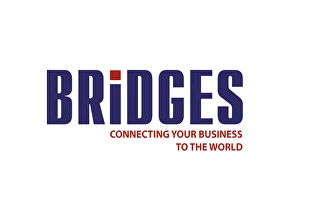
March 19, 2019
Kyiv, American Chamber of Commerce
Kyiv, American Chamber of Commerce
World Trade Organization (WTO) Sanitary and Phytosanitary (SPS) Transparency Program Workshop.























Following a December 2018 USDA-sponsored study tour program to the United States, titled "The Role of Trade Associations in Engaging Government and Promoting Members' Interests via SPS Transparency Disciplines," the second workshop was conducted by BRIDGES for members of the American Chamber of Commerce (ACC). At this USDA-funded workshop, representatives of the grain industry met with government officials to discuss how to jointly address and comment on draft SPS measures, when notified by the WTO that other countries determine the measures to be trade restrictive or lacking a scientific basis. Another key issue that was raised during the meeting was the efficiency of logistics chains and infrastructure. The workshop brought together members of the ACC and government agencies such as the Enquiry Point, Unit for Foreign Relations and European Integration at State Service of Ukraine on Food Safety and Consumer Protection, Center of Transport Strategies, and the U.S. Foreign Agricultural Service.
Knowledge Sharing and Outreach: This is the second workshop following a December 2018 USDA-sponsored study tour program to the United States, titled "The Role of Trade Associations in Engaging Government and Promoting Members' Interests via SPS Transparency Disciplines," where Ukrainian officials and representatives of the ACC shared their experiences with other colleagues in agribusiness companies, business associations and government.




Alexander Tarassevych, Agricultural Specialist with the USDA/FAS and Lina Dotsenko, CEO of BRIDGES, welcomed the participants. Maria Revenko, Senior Policy Officer (Agriculture Issues) of the ACC opened the workshop by sharing her findings about the U.S. system, focusing on cooperation between U.S. trade associations and their members, as well as cooperation between associations and the U.S. government.
She briefly described the communication process between the government, business, and trade associations in the United States, focusing on transparency and the role of trade associations in engaging the government to address comments on draft SPS measures when notified by the WTO of member objections and how these actions promote the association members' interests and trade objectives. Maria noted that she sees a positive dynamic in Ukrainian legislations processes, as a result of better communication between Ukrainian government agencies and business associations.


Yuliya Hlukhonets, Chief Specialist of the Unit of International Agreements and Technical Assistance Directorate of International Cooperation State Service of Ukraine on Food Safety and Consumer Protection, discussed the core principles of working with agricultural associations and the communication process. She briefly described how they work with associations, talked about the EU approximation process and answered some questions about Ukraine's export potential. Yulia received a lot of questions from the audience regarding the frequency of B2G meetings and working groups to discuss draft legislation, notifications, and other regulations. Export issues were another topic which received significant focus.
Natalya Virchenko from the Ukrainian Enquiry Point presented on how associations and business can work with the Local Enquiry Point in Ukraine and various available resources. Natalya emphasized that business can play a more active role in the commenting process. She acknowledged some recent progress in working with business associations, noting that the Ministry of Economics and Trade recently published comments from associations on the ministry's website, a first for Ukraine.


Andrii Shklyar, Head of the Expert Department, Center of Transport Strategies presented an overview of the logistics infrastructure in the U.S. and Ukraine. Andrii focused on the active role of cooperatives and associations in the chain of logistics infrastructure. He expressed his thoughts and ideas on how Ukrainian business can better cooperate Ukrainian Government Agencies to better understand the process.






















In conclusion, all participants actively participated in the discussion on SPS legislation and rulemaking processes. The workshop was another step toward eliminating an obvious lack of communication between government agencies and business, and streamlining Ukraine's approach to trade facilitation.
PHOTOREPORT
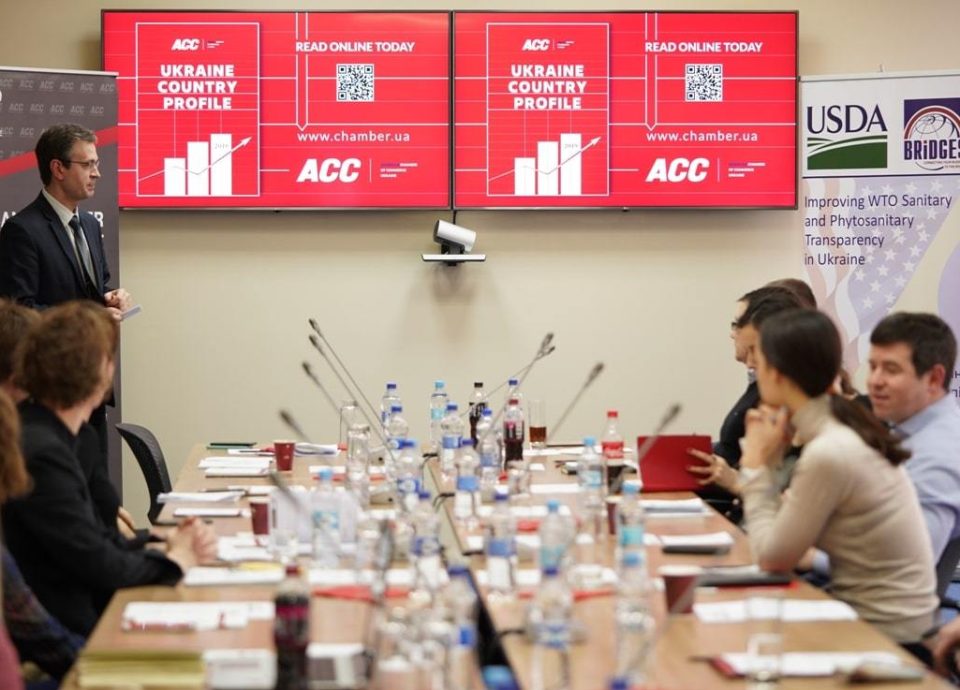

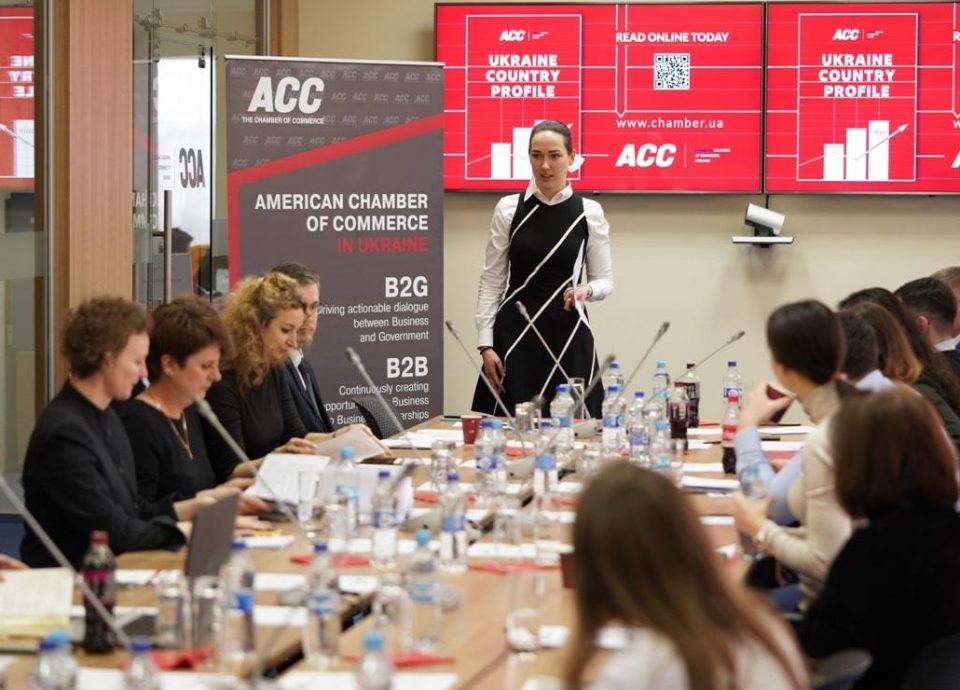
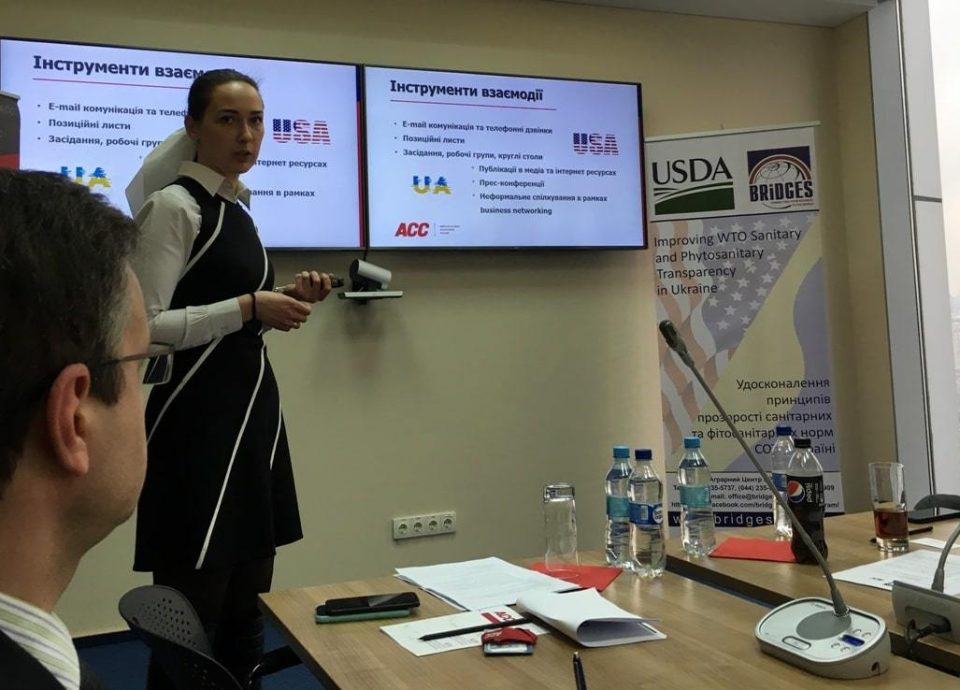
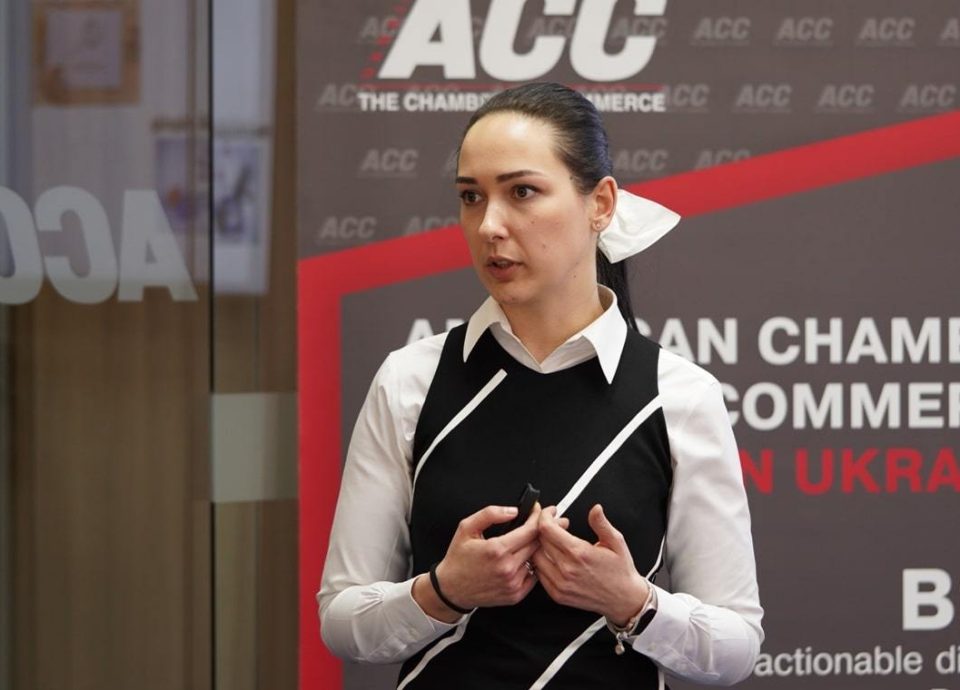
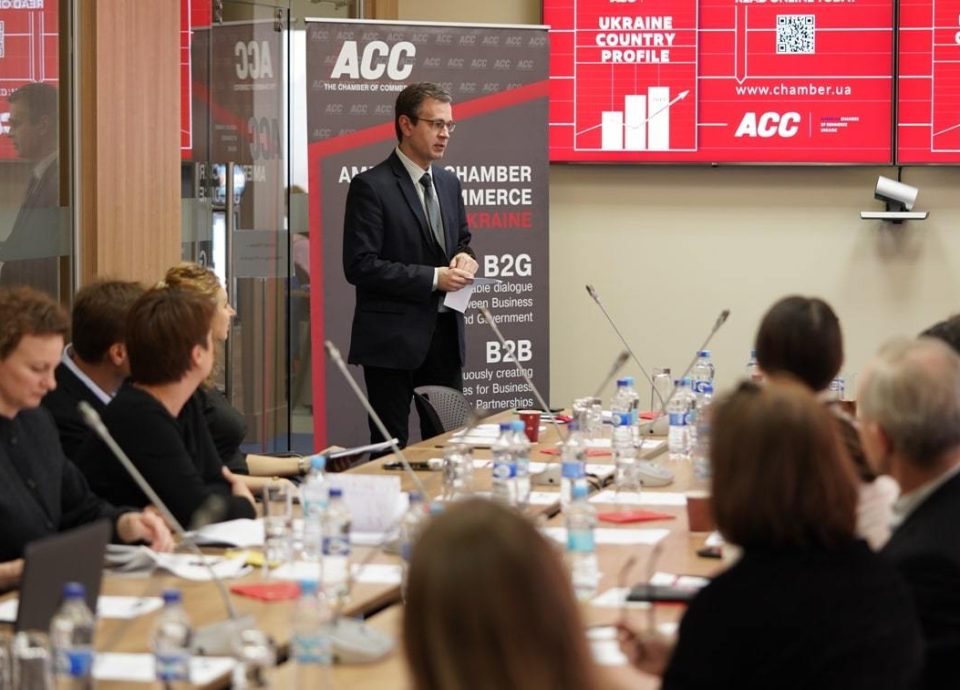

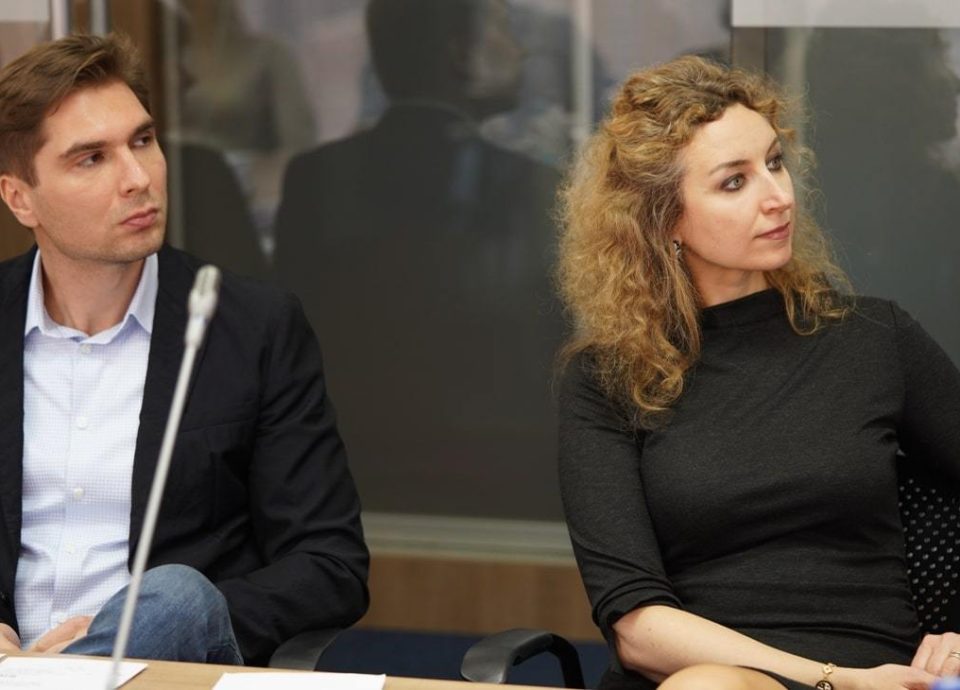
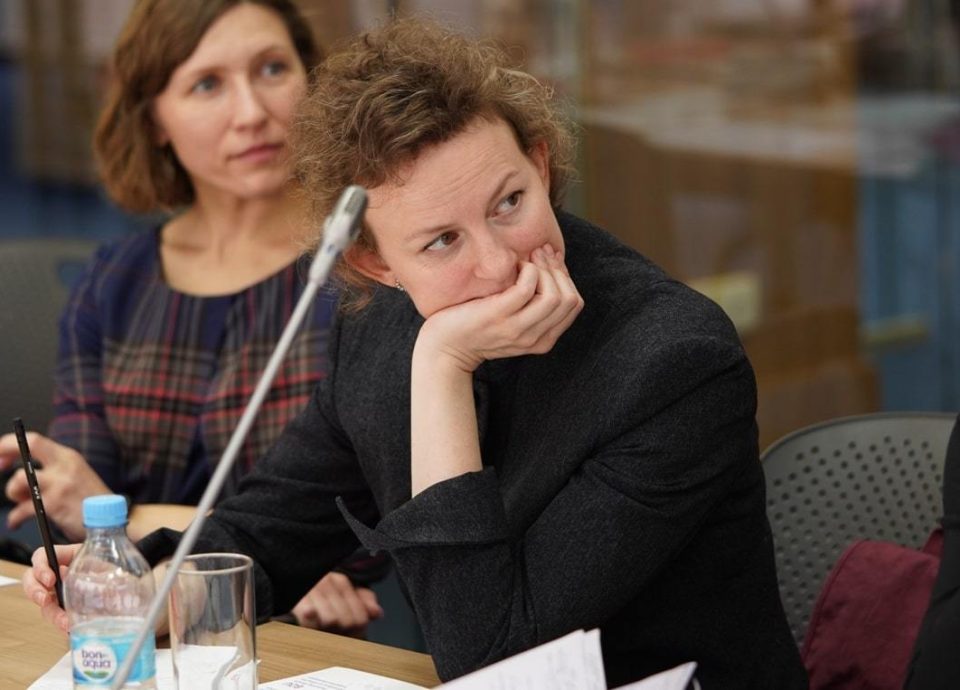
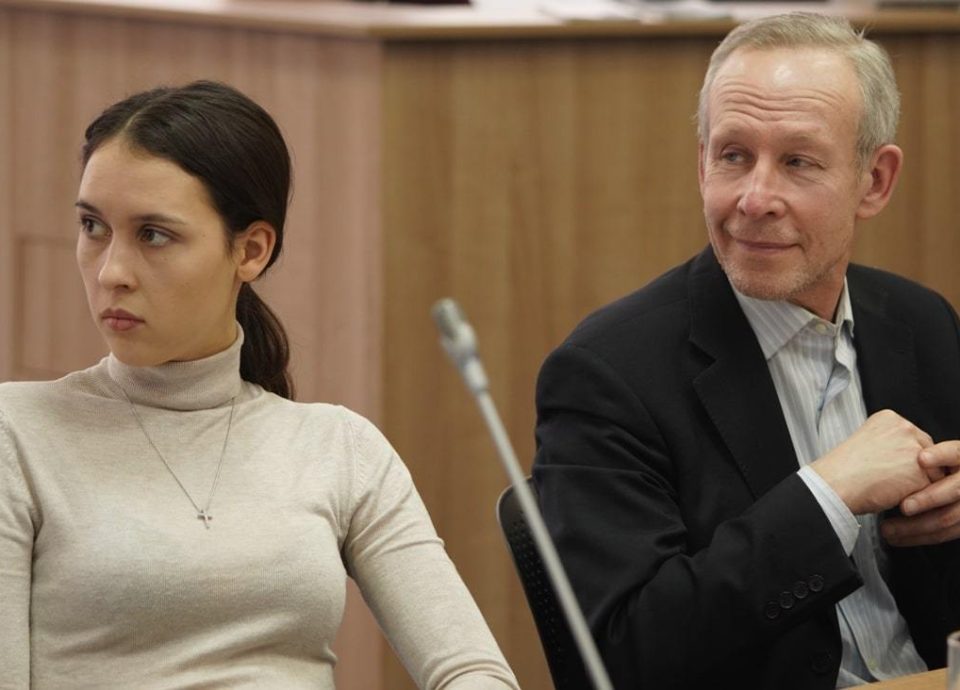

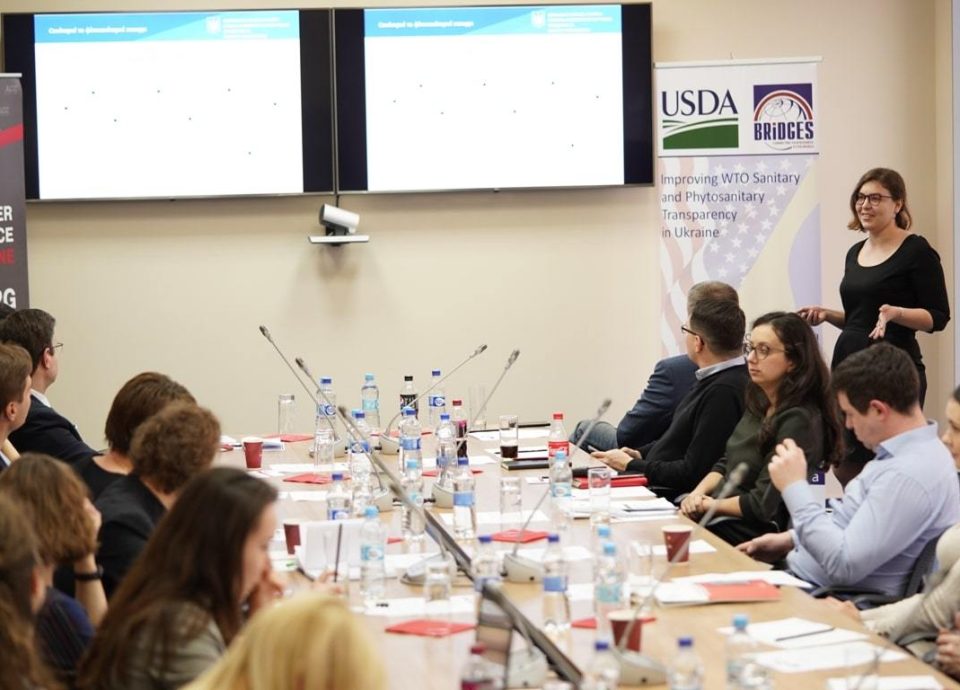
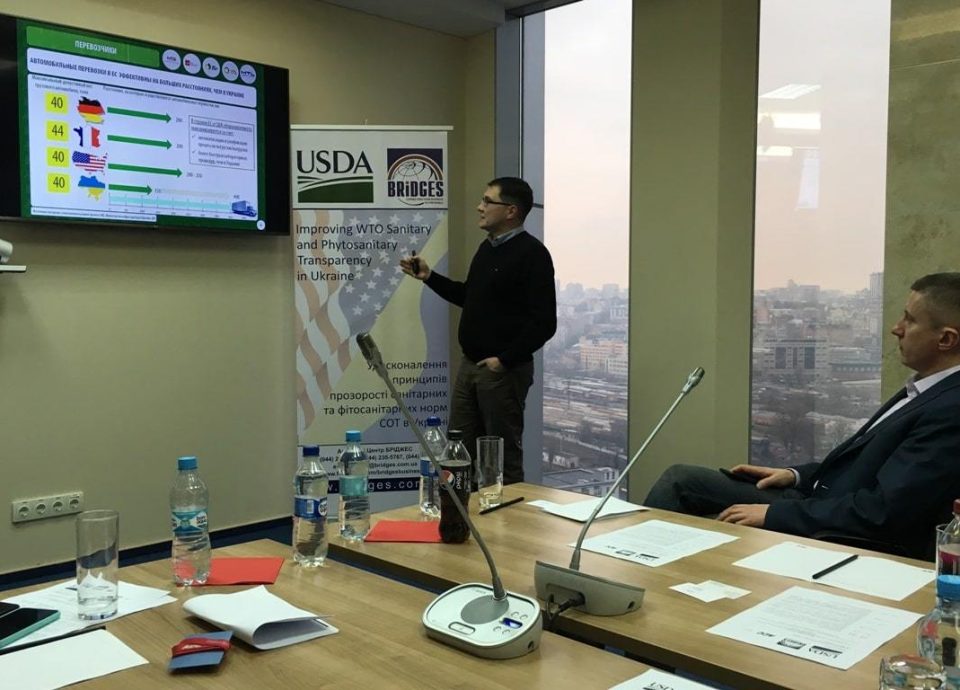

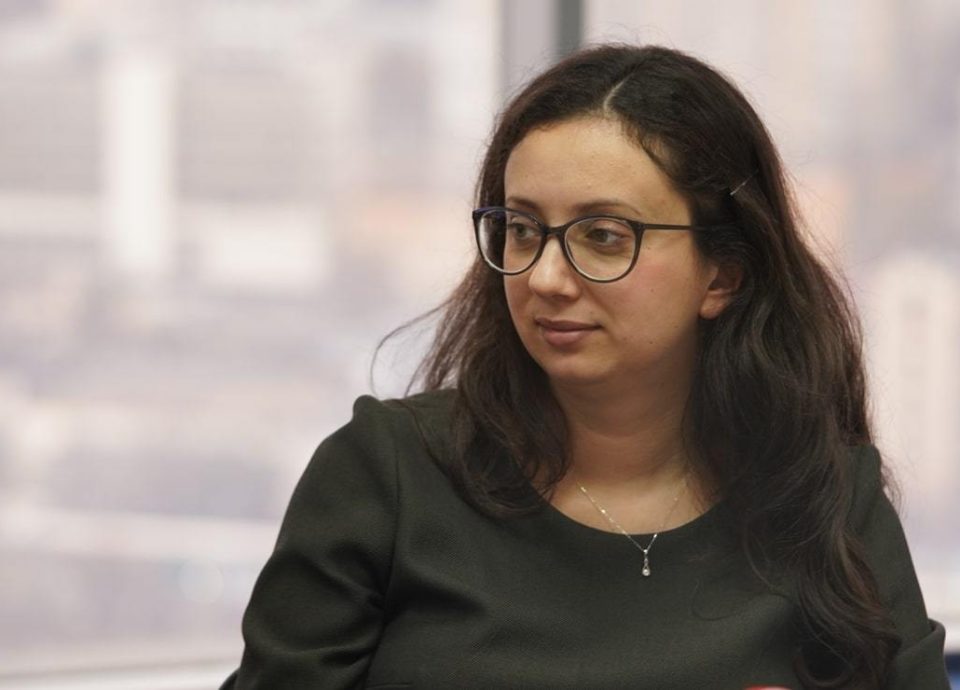

Previous
Next
OTHER INITIATIVES
